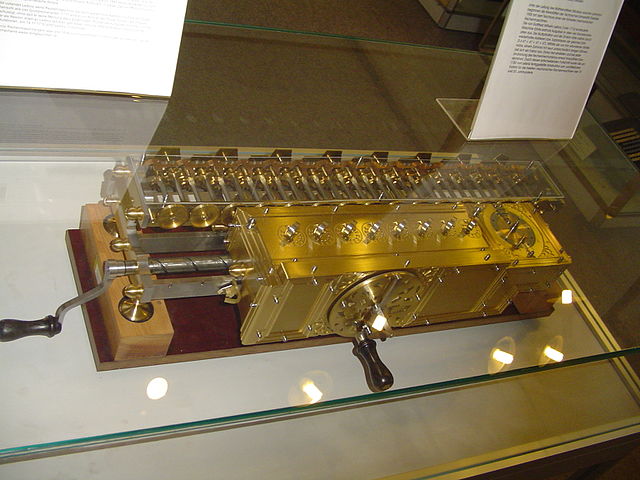Best of all possible worlds
The phrase "the best of all possible worlds" was coined by the German polymath and Enlightenment philosopher Gottfried Leibniz in his 1710 work Essais de Théodicée sur la bonté de Dieu, la liberté de l'homme et l'origine du mal, more commonly known simply as the Theodicy. The claim that the actual world is the best of all possible worlds is the central argument in Leibniz's theodicy, or his attempt to solve the problem of evil.
Gottfried Leibniz, the philosopher who coined the term "best of all possible worlds" in his 1710 work Théodicée.
Gottfried Wilhelm Leibniz
Gottfried Wilhelm Leibniz was a German polymath active as a mathematician, philosopher, scientist and diplomat who invented calculus in addition to many other branches of mathematics and statistics. Leibniz has been called the "last universal genius" due to his knowledge and skills in different fields and because such people became less common during the Industrial Revolution and spread of specialized labor after his lifetime. He is a prominent figure in both the history of philosophy and the history of mathematics. He wrote works on philosophy, theology, ethics, politics, law, history, philology, games, music, and other studies. Leibniz also made major contributions to physics and technology, and anticipated notions that surfaced much later in probability theory, biology, medicine, geology, psychology, linguistics and computer science. In addition, he contributed to the field of library science by devising a cataloguing system whilst working at the Herzog August Library in Wolfenbüttel, Germany, that would have served as a guide for many of Europe's largest libraries. Leibniz's contributions to a wide range of subjects were scattered in various learned journals, in tens of thousands of letters and in unpublished manuscripts. He wrote in several languages, primarily in Latin, French and German.

Portrait, 1695
Gottfried Wilhelm Leibniz
Stepped reckoner
Portrait of Gottfried Wilhelm Leibniz, Public Library of Hanover, 1703





